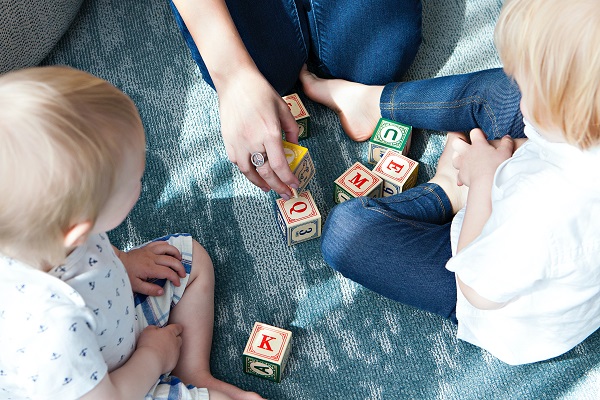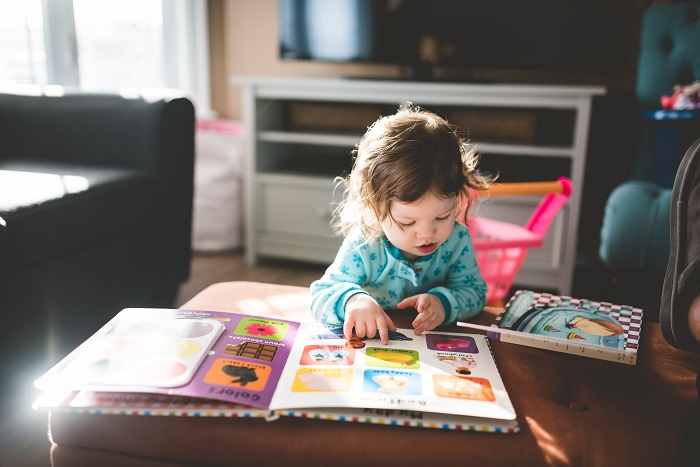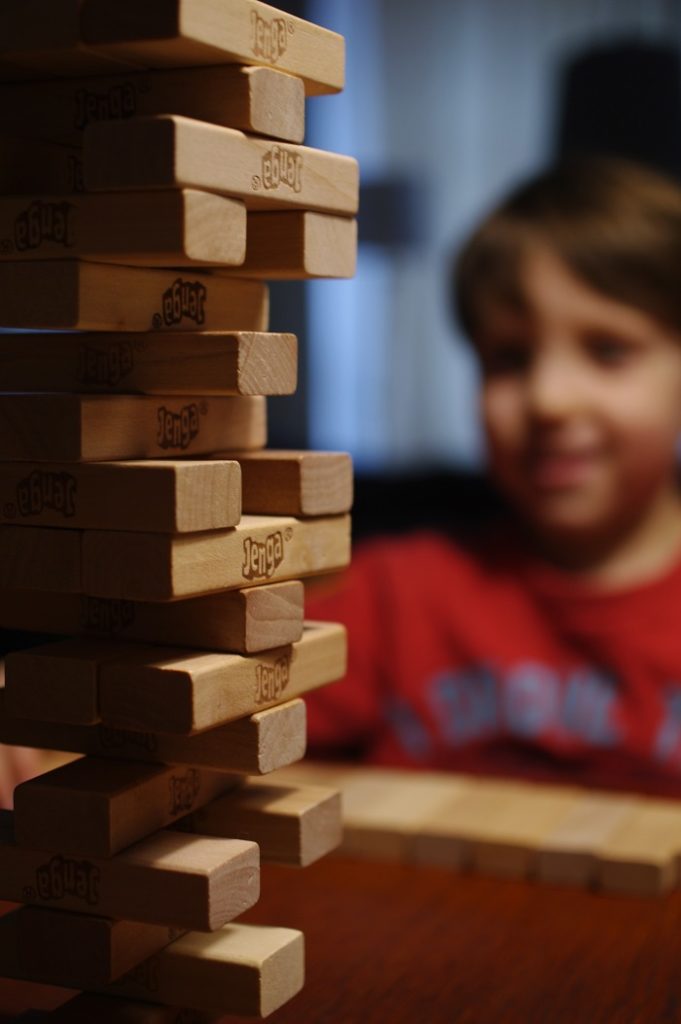Your kid’s brain contains billions of neurons at birth. The brain grows trillions of cell connections within the first year, known as neural synapses, and the development does not stop there.
However, there is one concern. Your child’s brain development depends on one rule, you either use or lose the wiring. According to experts in child brain development, synapses that are not wired well enough are lost. This happens mainly during the child’s first years at school. Although your kid’s brain may not have neurological hard writing like an adult’s, it is more susceptible and pliant.

When a child receives the proper care, love, and language-rich experience, the brain’s neural connections and pathways become more wired for further development. This results in your kid’s improved ability to learn, reason, and plan. The good news is that there are many ways you can do this, and they do not involve massive investment, just your time and dedication.
These simple tips will help you support your child’s brain development in the early years. Read on.
Prioritize a good start from birth
The first few years after birth may determine a lot in your child’s life, primarily mental, physical, and emotional well-being. It all starts at pregnancy.
Ensure you stay healthy during pregnancy to protect your unborn child’s health. Avoid smoking and drinking while pregnant. Additionally, ask your physician about drugs you should avoid during pregnancy. Studies have shown that kids born of smoking and drinking mothers tend to possess aggressive behaviors with slow learning capabilities.
Good food
We have highlighted the importance of giving your child an excellent start to life. Apart from minding what you consume during pregnancy, it is also essential to be careful with what you feed your child after birth.
Doctors suggest exclusive breastfeeding for the first six months. If you cannot breastfeed, you should ensure you get your toddler formula, as your clinician recommends. As the baby grows, incorporate dietary changes that support brain development, such as food rich in iron and a variety of nutrients from fruits and vegetables. You should also encourage good feeding habits by smiling or singing when feeding your baby.
Incorporate fun activities
Play is your child’s first way of interacting with the surroundings and learning essential life lessons. It also aids brain development. There are many fun activities you can share with your toddler to improve brain development. For instance, consider activities that involve talking, singing, and playing with your kid. Simple games, such as lying on your tummy with your child or listening to various sounds can help develop your kid’s brain.

Offer comfort
Babies also experience stress, and they can only show it by crying or changing their feeding habits. Therefore, it is essential to understand your child’s way of expressing stress. Studies reveal that being responsive, showing love, and supporting your kid through excellent care help them manage stress and develop positively. Cuddle your kid to offer comfort at all times. Let your baby know that you are always there to provide comfort in difficult situations.
Foster love for learning (reading)
It is never too early to teach your baby how to read and learn. Expose your child to vocabulary and different objects to help them start joining the dots at an early age. Rhyming for kids is another excellent way to foster brain development in children. Emphasize using stories with moral endings. This is a great way to help your child develop on many fronts.

Teach another language
There is nothing as complex as learning a second language. However, a baby’s brain is pre-programmed to learn another language faster than an adult’s, especially a second language. This is mainly because babies can be more interactive and social than adults. Exposing your child to another language consistently and in a fun manner paves the way for timeless learning, offering the foundation to improve brain development.
Be attentive
Being attentive plays a significant role in your child’s brain development. First, it will help you monitor your baby’s progress and understand areas that need developing. Additionally, it helps comfort the child, knowing you are always available. Ensure you respond to your child’s gestures to confirm you are interested in her life.
Be responsive
Your kid may show signs of wanting your attention in many ways, depending on age. At an early stage, kids show this by crying. As they grow, some start showing withdrawal signs for you to pick. Responding to physical and emotional changes helps calm your baby in difficult situations and promote overall growth.
Show love
As suggested earlier, babies can also pick up stress, meaning they need care. Accordingly, there is nothing like over-loving your child. Offering excellent care and showing love provides the feeling of safety, which influences brain development.
Stimulate your child’s senses
Another way to support your child’s brain development is by igniting various senses. The good news is that there are many ways of doing this. For instance, start by stimulating the sense of feel through different textured fabrics or surfaces. Let your kid explore various textures to note the difference. Next, focus on smell and hearing using different scents and sounds. Exposing your baby to descriptive language by stimulating her senses is a great way to support brain development.
Engage your child
Engaging your kid in many ways can improve brain development. Cuddling and holding are two ways of engaging your baby physically and emotionally, and this should not stop with age. Studies reveal that hugging offers comfort in both adults and kids. Additionally, cuddling can result in healthier, happier, and more curious children.
Use music
Do you know why kindergartens use music and sound to teach almost every subject? Children develop billions of neural pathways, which can be stimulated by pleasing sounds. Use music and other sounds to help your baby learn and promote their brain development. You can expose your child to different music by singing together.
Additionally, you can offer positive reinforcement by encouraging more impulsive sounds and movements that help your kid learn. Ensure you incorporate play and other fun activities with the songs you sing. This is an excellent way to improve physical well-being while supporting brain development.
Offer positive reinforcement
Have you done everything to support your kid’s brain development? Well done! However, there is one area that most parents miss out on, and it can be pricier. Everyone seeks approval at some point in life, and so does your baby. Focus on what your child does right and offer your approval. This is a way of reinforcing good behavior and promoting growth. For instance, applauding your baby for reading a vowel encourages her to keep up the excellent work and continue learning.

Learn to correct your child
Apart from applauding good work, you should also learn to correct your child positively. The language you use is vital. Always insist on saying sorry when wrong to help your child understand that mistakes are part of life. This aspect helps kids become more responsible. Additionally, it enhances brain development because your baby will be more curious to try different things since there is no fear of failure.
Trust your gut
There is no denying that parents get advice from every angle. With many resources from the internet and friends, sorting the information you get can be challenging. The good news is that you know and understand your child more than anyone else. Therefore, it is much easier for you to find the perfect balance that supports brain development. If you have conflicting views, always trust your instincts and follow your heart. You mean well for your child, after all.
The bottom line
These tips may be free and easy to fit into your child’s life. However, the value of parenting cannot be underestimated. Additionally, your relationship with your kid plays a significant role in overall development. Encourage your child to exercise and take on different challenges to grow happier and healthier.



